US-China tensions escalate
US-China tensions continued to escalate when President Donald Trump posted on social network Truth Social on June 4 (Vietnam time), affirming his personal respect for President Xi Jinping but emphasizing that Mr. Xi is "very tough and extremely difficult to reach an agreement".
The remarks came as the White House revealed the possibility of a phone call between the two leaders this week to resolve their differences over tariffs and trade. However, Chinese Foreign Ministry spokesman Lin Jian said there was “no information to provide” about the call, while criticizing the US for repeatedly “sabotaging” bilateral agreements.
Trade tensions between the two countries have escalated since Mr Trump took office.
In April, the US imposed import tariffs of up to 145% on Chinese goods, prompting Beijing to retaliate with tariffs of 125%. After two days of talks in Switzerland in early May, the two sides agreed to reduce tariffs (to 30% and 10%, respectively) for 90 days to create room for negotiations.
However, last week, Mr Trump and senior US officials accused China of violating the agreement to delay tariffs. Beijing rejected the accusations, calling them "baseless".
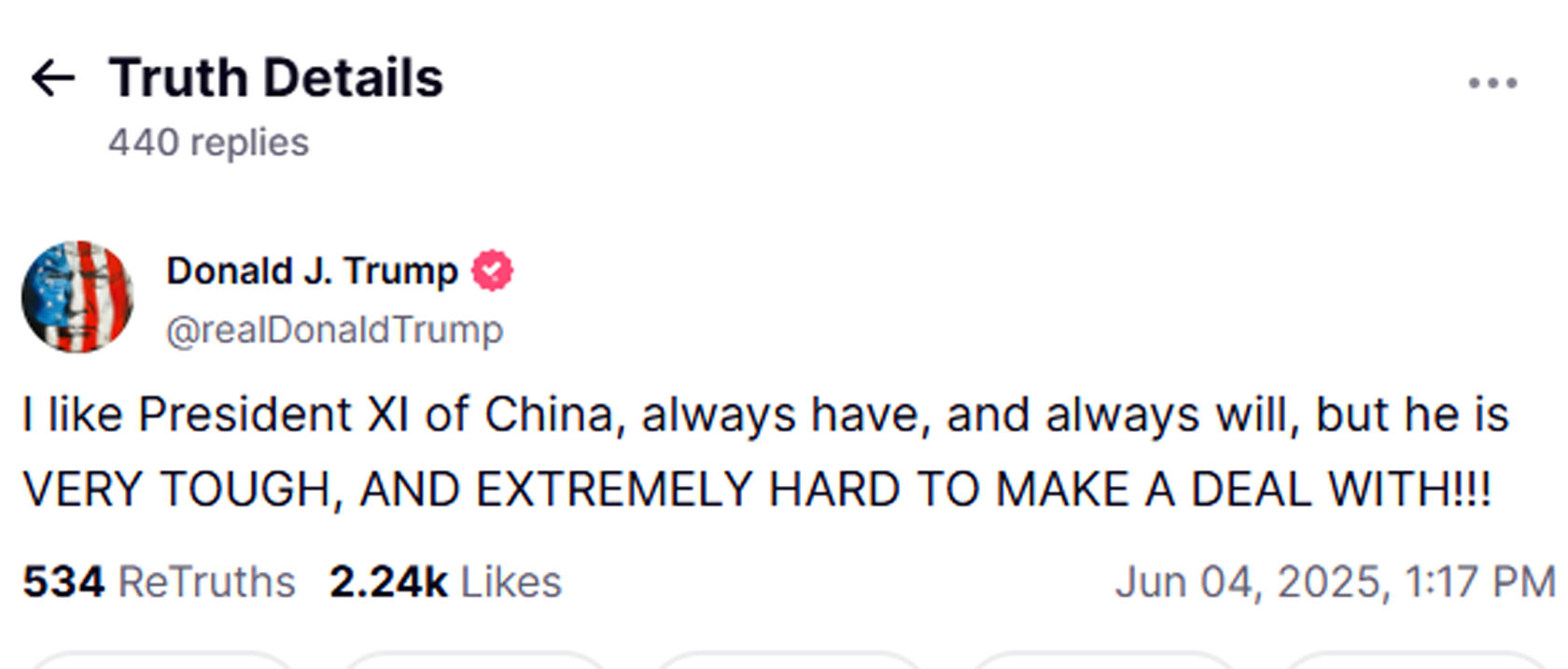
At a press conference on June 3, Lin Jian stressed that the Geneva agreement was reached based on the principles of mutual respect and equal consultation. He accused the United States of repeatedly imposing discriminatory measures that harmed China's legitimate interests.
Specifically, on May 30, China's Global Times quoted the New York Times as saying that the US had temporarily suspended the export of some important technologies to China, including electronic design automation (EDA) software. Previously, on May 22, the Trump administration announced a policy of revoking visas for Chinese students, especially those studying majors that the US considers related to "China's strategic interests".
Lam also accused the US of issuing new deterrent guidance on May 12, declaring that global artificial intelligence (AI) companies using Ascend chips produced by Huawei would be considered a violation of Washington's export control orders.
Recent moves have shown that both sides appear to be taking a hard line, making the prospect of a phone call between the two leaders dim.
Trade and technology conflicts
The United States and China, the world's two largest economies , are deeply interdependent economically but also fiercely competitive. The US trade deficit with China has long been a flashpoint.
For decades, American companies like Apple, Tesla and Intel have invested heavily in China to take advantage of low manufacturing costs and a large consumer market. Many companies like Foxconn, an iPhone assembler, rely on Chinese supply chains to make cheap products.
However, the trade imbalance is a persistent problem. The US imports huge amounts of goods from China, while China depends on the US for its exports and access to high technology.
Mr Trump’s recent tariffs and China’s retaliation, although temporarily cooled by the Geneva agreement, have exposed a deep lack of trust that threatens to make a breakthrough in negotiations.
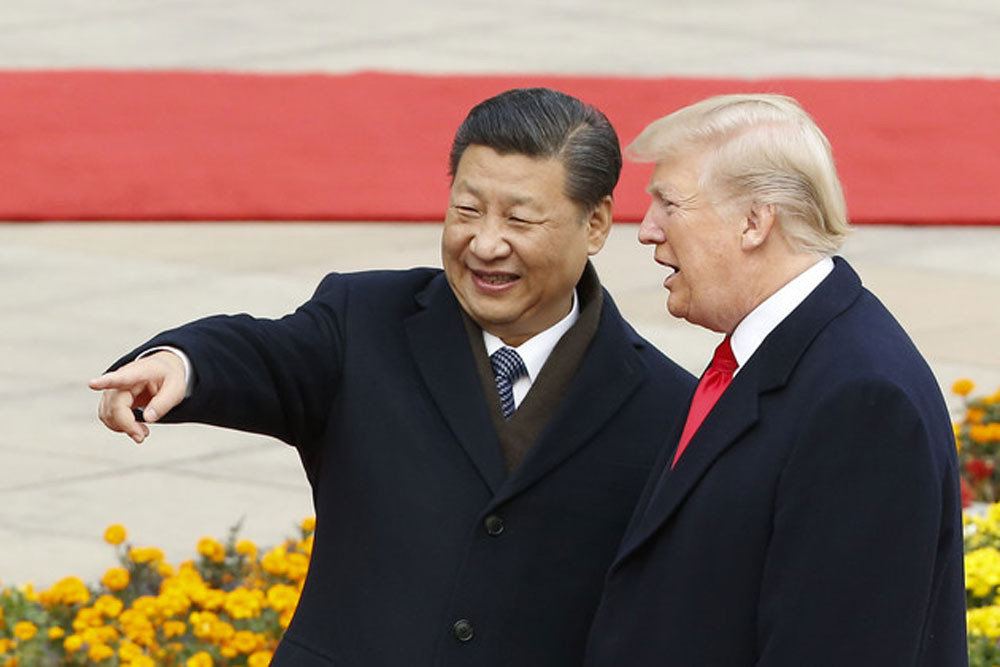
If tariffs are the surface of the conflict, technology, especially semiconductors and strategic minerals, is at the heart of the current US-China tensions. The US has imposed strict export controls on technology.
On May 12, the US Commerce Department issued guidance stating that global AI companies using Ascend chips made by Huawei would be considered a violation of Washington's export controls. The Ascend chips, designed to compete with products from Nvidia, are central to China's ambitions for technological self-sufficiency. Beijing criticized the US for "abusing export controls" and called it "unilateral bullying".
In addition to chips, the US has also restricted the export of electronic design automation (EDA ) software, a key tool for developing advanced chips. The move could slow China’s efforts to build an independent semiconductor industry. Meanwhile, a policy of revoking visas for Chinese students in sensitive fields such as AI has further increased tensions, as Beijing sees this as an attempt to suppress its own technology workforce.
Critical minerals like lithium and rare earths are also hot spots. China controls much of the global supply of rare earths, while the US relies on these minerals for high-tech industries, from electric car batteries to electronic components.
Mr Trump accused China of violating the Geneva agreement by not resuming mineral exports as promised, while Beijing insisted it had fulfilled its obligations. US Trade Representative Jamieson Greer stressed that the flow of minerals from China was still disrupted, harming the US electronics industry.
Despite fierce competition, the US and China are interdependent. US companies like Qualcomm and Nvidia provide essential chip technology and software to China, while China is a global manufacturing and assembly hub.
Huawei, despite the US ban, plays a vital role in the technology supply chain. The US needs China to maintain a stable supply chain, while China needs the US to access advanced technology and sustain economic growth. This dependence creates a paradox: both sides want to reduce their dependence on each other, but confrontational measures such as tariffs and technology bans appear to be adding to global economic uncertainty.

Source: https://vietnamnet.vn/ong-trump-noi-kho-dat-thoa-thuan-voi-ong-tap-nong-cuoc-chien-cong-nghe-2408163.html


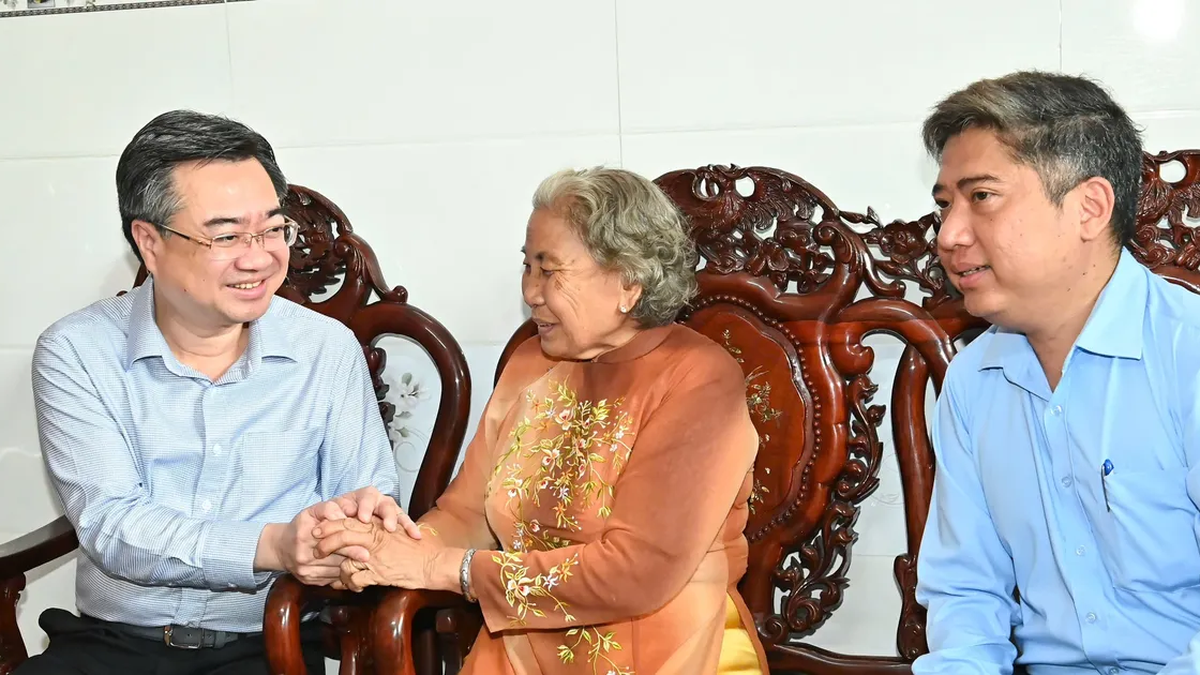

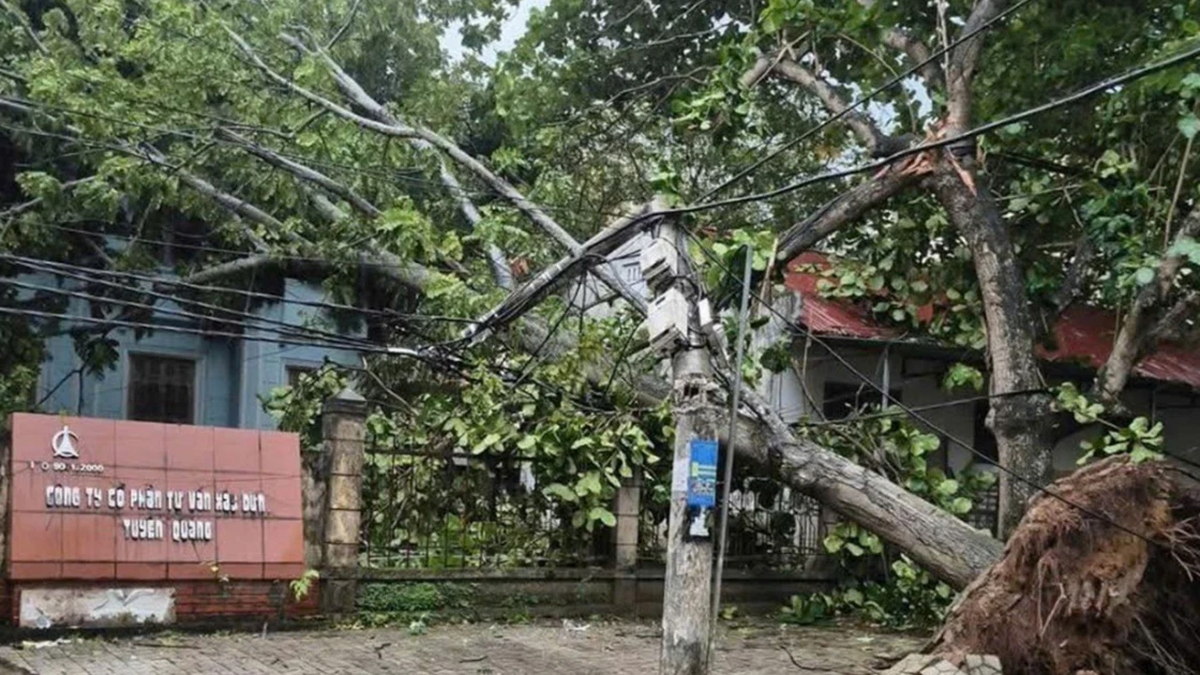
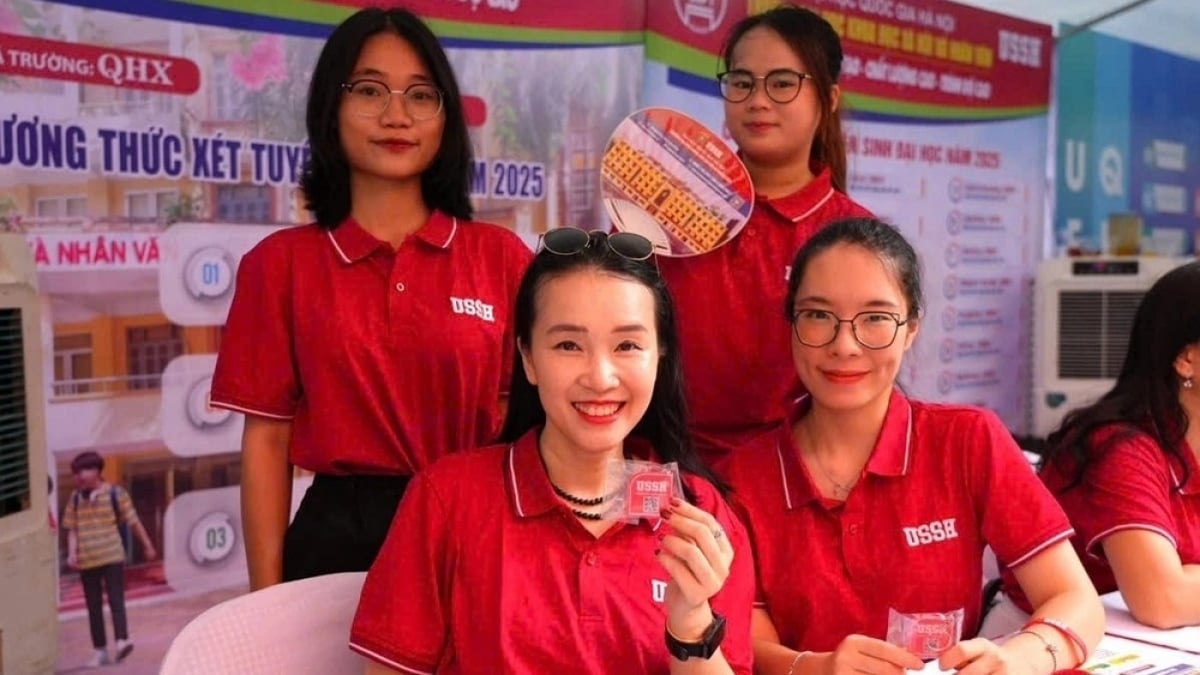
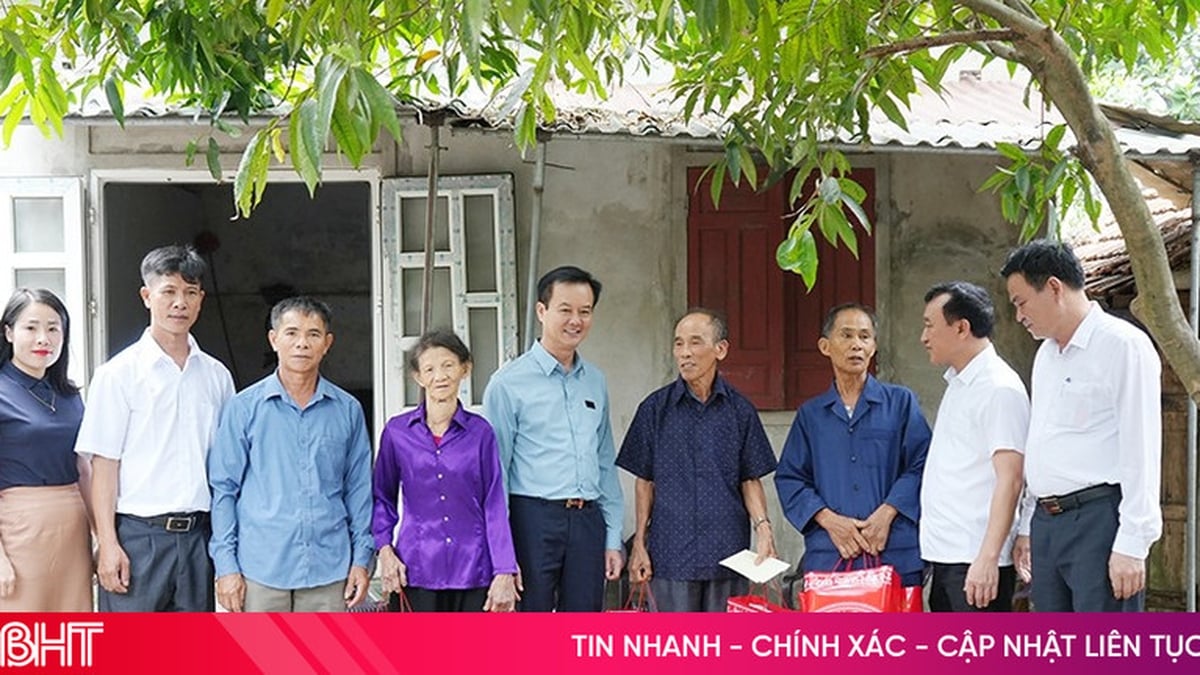

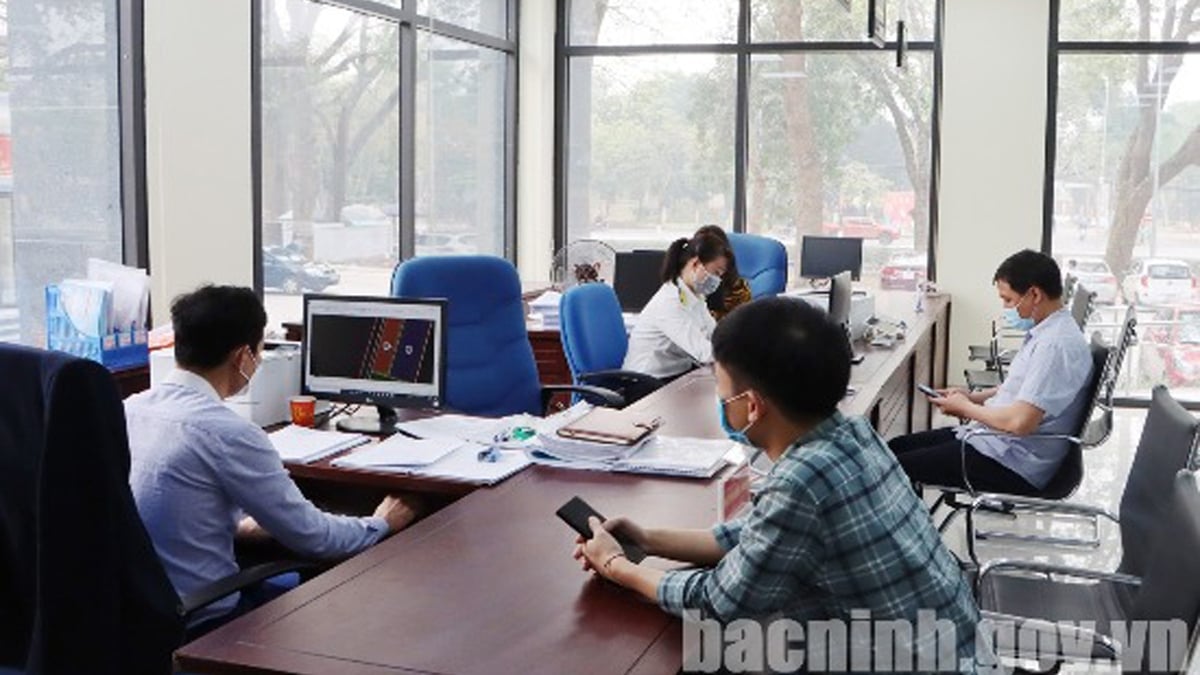



















![[Photo] National Assembly Chairman Tran Thanh Man visits Vietnamese Heroic Mother Ta Thi Tran](https://vphoto.vietnam.vn/thumb/1200x675/vietnam/resource/IMAGE/2025/7/20/765c0bd057dd44ad83ab89fe0255b783)




































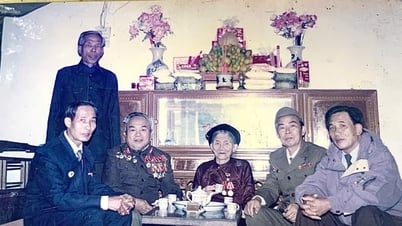
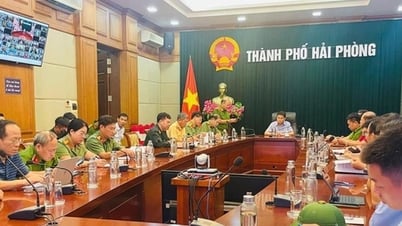




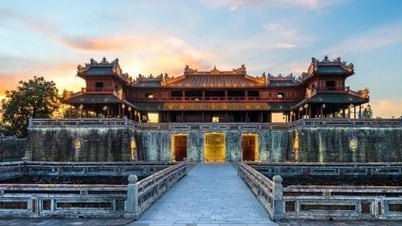




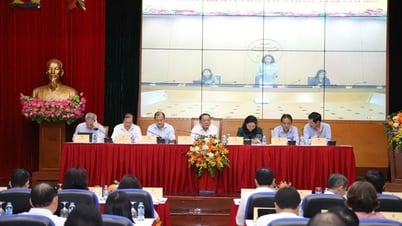
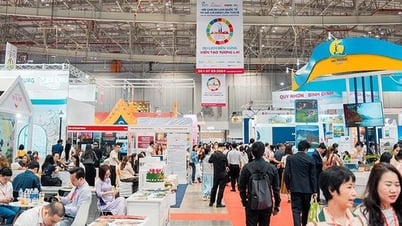

























Comment (0)